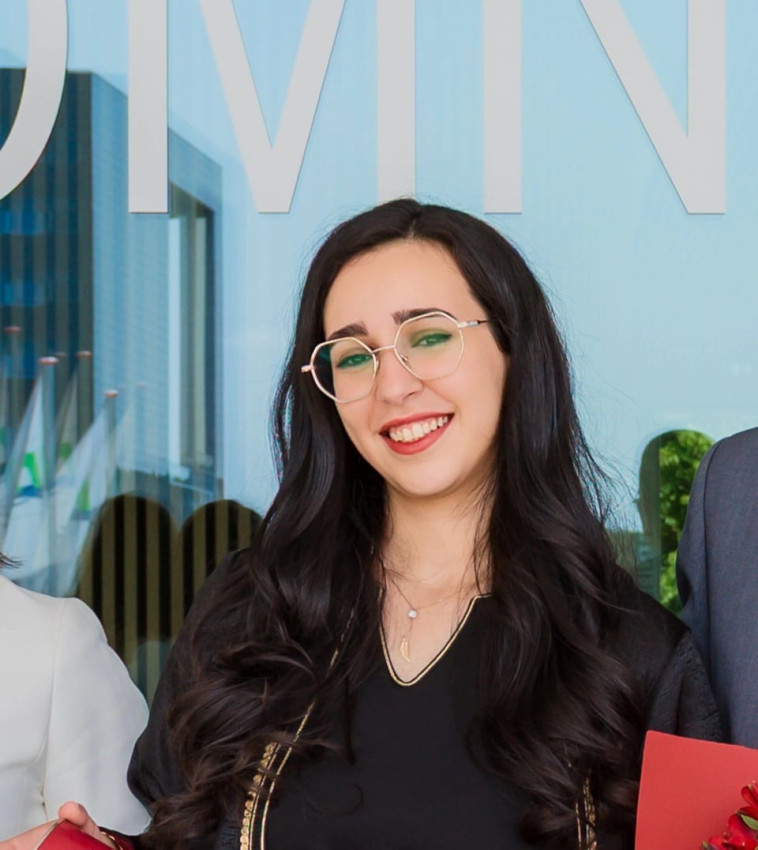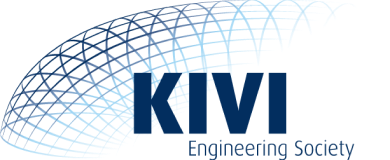Motivation Salma Rian
I am applying for the KIVI EngD Award because my work embodies what the EngD stands for: translating science into tangible innovation, co-created with society, and built for real impact. My project, Hydra Peck, reimagines how we feed poultry in a more sustainable and circular world.
Poultry farmers today face the triple challenge of rising feed prices, environmental pressure, and stricter welfare standards. Feed alone represents up to 70% of poultry production costs, majorly due to feed processing and drying. Hydra Peck, a wet-feeding system I designed during my EngD, turns this challenge into an opportunity. The system allows the safe delivery of wet feed, including industry by-products, directly to broilers. This approach cuts drying energy use, reduces CO₂ emissions, and turns side streams into nutritious animal feed.
The heart of Hydra Peck is not only technical, but methodological. I integrated structured design thinking (RIO: Reflexive Interactive Design), bringing together farmers, feed producers, equipment manufacturers, and animal scientists in a continuous feedback loop. Over multiple workshops, prototypes were built, tested, and refined collaboratively. This participatory design ensured that the final prototype was not only technically robust but also socio-economically and ethically grounded.
Following the successful EngD defense, Hydra Peck transitioned beyond academia. We have filed a patent application for the system, securing its innovative design and practical deployment potential. I was also awarded the Faculty of Impact Grant (NWO), a prestigious national fellowship supporting researchers to turn scientific breakthroughs into impactful startups, and the Lizzy Innovation Grant, which enabled me to explore commercial pathways and prepare a feasibility study for scaling. Most recently, I have been nominated by WUR for the Academic Startup Competition 2025/2026, recognizing Hydra Peck as one of the most promising academic innovations in the Netherlands. These recognitions underline that Hydra Peck is not merely a concept but a viable, high-impact innovation capable of reshaping an entire sector.
At its core, the project demonstrates how engineering can enable sustainability without compromising productivity. By shifting from dry feed to moist formulations, we can drastically reduce feed-food competition, lower energy demand, and improve animal welfare, thus contributing to the UN SDGs 9, 12, and 13. Each iteration of Hydra Peck embodies responsible engineering creativity, leading to a system that listens to both animals and farmers.
Beyond the technology, I take pride in acting as a bridge between science, design, and society. During my two years as an EngD, I represented WUR at COP28 and participated in the FAO Global Youth Dialogue on Sustainable Livestock Transformation, where I continuously advocated for innovation that serves both people and the planet. I am now leading the commercialization and demonstration phase of Hydra Peck, aiming to reach TRL 6 through pilot trials with Dutch farmers.
Winning the KIVI EngD Award for me would be more than recognition, it would be a signal that engineering for impact matters. It would honor the EngD philosophy: that true innovation emerges not in isolation, but through reflexive interactive design rooted in societal needs. I believe Hydra Peck embodies that spirit fully.
Vote for Salma
